Cannot figure out, where to change EOF in PyCharm. My scripts start with :
#!/usr/bin/python
# -*- coding: utf-8 -*-
It outputs something like this when I try to run it like an executable (chmode +x) :
-bash: ./main.py: /usr/bin/python^M: bad interpreter: No such file or directory
